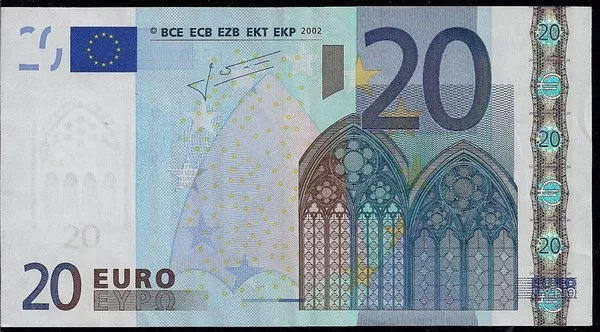The euro is one of the world’s most important currencies, and it plays a critical role in the global economy. Created in 1999, the euro replaced many European currencies, including the Deutsche mark, French franc, and Italian lira. Since then, the euro has experienced its share of ups and downs. In recent years, there has been much debate about whether the euro is getting stronger or weaker. Here, we’ll explore this issue and examine some of the factors that could be driving changes in the euro’s value.
What Determines the Value of the Euro?
The value of the euro is determined by supply and demand. Like any currency, the more people want euros, the higher its value will be. Conversely, if fewer people want euros, its value will decrease. The supply of euros is determined by the European Central Bank (ECB), which can create new euros or withdraw existing ones from circulation. The ECB also sets interest rates, which can influence the demand for euros.
In addition to these basic factors, there are many other economic and political factors that can affect the value of the euro. For example, economic growth, inflation rates, and trade balances can all influence the value of a currency. Political instability, such as uncertainty over Brexit or the election of populist governments, can also impact the value of a currency.
Recent Trends in the Euro’s Value
In recent years, the euro has experienced some significant fluctuations in value. After reaching a high of $1.60 in 2008, the euro steadily declined against the US dollar, hitting a low of $1.05 in 2015. Since then, the euro has rebounded somewhat, hovering around $1.20 in late 2020.
One factor driving changes in the euro’s value has been the COVID-19 pandemic. In early 2020, as the pandemic began spreading across Europe, investors fled to the safety of the US dollar, causing the euro to decline. However, as countries began reopening and vaccine distribution ramped up, the euro has rebounded somewhat.
Another factor impacting the euro has been the economic policies of the ECB. In recent years, the ECB has kept interest rates low in an effort to stimulate economic growth. However, this policy has also led to concerns about inflation, which can erode the value of a currency. Some analysts have expressed concern that the ECB’s policies could lead to a weaker euro over time.
Potential Factors Driving a Stronger Euro
Despite these concerns, there are several factors that could be driving a stronger euro in the coming years. First, the European Union (EU) has recently reached a landmark agreement on a €750 billion recovery fund to help member states recover from the pandemic. This stimulus package could boost economic growth across the EU and increase demand for the euro.
Second, the incoming Biden administration in the United States has signaled a desire to rebuild relationships with traditional allies like Europe. This could lead to increased trade and investment between the US and the EU, which could in turn boost demand for the euro.
Third, there are signs that the global economy is beginning to recover from the pandemic. As economies reopen and travel restrictions ease, demand for goods and services could increase, which could benefit the euro.
Finally, there are political factors that could impact the euro’s value. The election of Joe Biden in the US and the defeat of populist movements in several European countries could lead to greater stability and cooperation between nations, which could support the euro.
Potential Factors Driving a Weaker Euro
However, there are also several factors that could drive a weaker euro in the coming years. One major concern is the ongoing uncertainty over Brexit. Despite early indications of progress in negotiations, it remains unclear what kind of trade relationship will ultimately emerge between the EU and UK. This uncertainty could lead to volatility in the euro.
Another potential risk factor is political instability within the EU. Several countries, including Italy and Hungary, have recently experienced political turmoil, which could disrupt economic growth and potentially weaken the euro.
Finally, there are concerns about the long-term impact of the ECB’s policies on the value of the euro. Some analysts worry that the ECB’s low interest rates and quantitative easing program could lead to inflation and a weaker euro over time.
Conclusion
In conclusion, the question of whether the euro is getting stronger or weaker is a complex one, with many economic, political, and social factors at play. While there are certainly risks and uncertainties facing the euro in the coming years, there are also reasons to be optimistic about its prospects. Ultimately, the value of the euro will depend on a wide range of factors, and it is impossible to predict with certainty what will happen in the future. Investors and policymakers alike will need to stay attuned to changes in the global economy and adapt their strategies accordingly.


